Ever wondered what it feels like to navigate the world with shame anxiety? Let’s take a peek into the mind of someone who deals with this.
Anxiety and shame sometimes go hand in hand, which is why the term, shame anxiety. Feelings of shame and anxiety can occur at the same time, and navigating through this can be particularly challenging. So now the questions are, what is shame anxiety, and how to deal with shame anxiety?
Anxiety is a term that has been used generically and nonspecifically in our culture, and thus it can lead to confusion.
The term may refer to positive or negative emotional states and has many connotations, including nervousness, apprehension, agitation, excitement, anticipation, tension, and worry.
Anxiety disorders are generally categorized based on symptoms and behavioral expressions, such as psychological disorganization, irritability, nonspecific fears, sleep difficulties, panicky feelings, or an inability to concentrate.
Yet any given state of anxiety can be best understood by distinguishing it in terms of the emotions that are involved in the experience.
So, what is shame anxiety?
Shame is an emotion that is prominent in states of anxiety and often goes undetected as it hides in the shadow of the experience.
Related: The 5 Ingredients of Shame
Shame that is experienced as anxiety is commonly felt as a fear that exposure is imminent and humiliation will soon follow.
Anxiety, while shame-fear based, requires thought for its existence. These thoughts involve the anticipated future, which doesn’t look good when it is being motivated by fear of shame.
For instance, people often recount feeling anxious that a significant other will leave, betray, or abandon them.
Others express anxiety about the exposure of deeper parts of the self that will result in a relationship rupture—that someone important to them, including their therapist, will recognize they are flawed, fraudulent, or not as they portray themselves to be.
Anxiety about an upcoming presentation, a performance, a first date, or even a long-term project, for example, is actually experienced as anticipatory shame.
Rarely in the literature has shame been associated with anxiety, regardless of the frequency with which people express anxiety within the context of their fear of experiencing shame.
Yet shame is prominent in anxiety about fearing disgrace or defeat, to be looked at with contempt for dishonoring oneself, and it is the dominant feeling that is present when people assume they are looked upon with scorn. [2]
How To Deal With Shame Anxiety?
Defensive responses that follow the activation of shame anxiety may appear as phobias, agitation, or avoidance behaviors.
As a result, shame-based anxiety may be misdiagnosed as an anxiety disorder or treated with anxiety-relieving medications or other treatments that make sufferers worse because they feel shame for having anxiety that cannot be controlled.

When the emotion of shame co-assembles with fear, the thoughts associated with it often have to do with a “fear of failure.” Nevertheless, this blending of emotions also has a powerful upside as a source of motivation for many people.
[3] The motivational function of shame can lead people to work harder in the interest of maintaining their self-esteem, even in the face of the negative feelings created by the emotion that can result in avoidance or withdrawal behaviors that are considered symptoms of anxiety, such as inaction, inhibition, writer’s block, or stage fright.
Related: The Biggest Cause Of Anxiety
Rather than focus on shame anxiety as an impediment to one’s success, or as an obstacle in their lives, people benefit greatly when they can identify what they feel and recognize when it can be a positive motivating force.
This post was excerpted in part from my co-authored book, The Upside of Shame: Therapeutic Interventions Using the Positive Aspects of a “Negative” Emotion.
References:
[1] Wurmser, L. (1981). The mask of shame. Baltimore, MD: Johns Hopkins University Press.
[2] Wurmser, L. (2015). Primary shame, mortal wound, and tragic circularity: Some new reflections on shame and shame conflicts. International Journal of Psychoanalysis, 96, 1615-1634.
[3] Lamia, M. (2017). What motivates getting things done: Procrastination, emotions, and success. Lanham, MD: Rowman and Littlefield.
Written By Mary C. Lamia Ph.D. Originally Published On Psychology Today
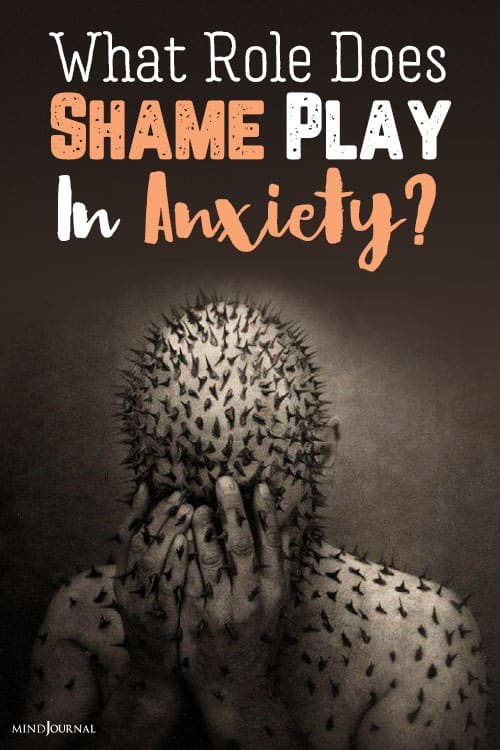


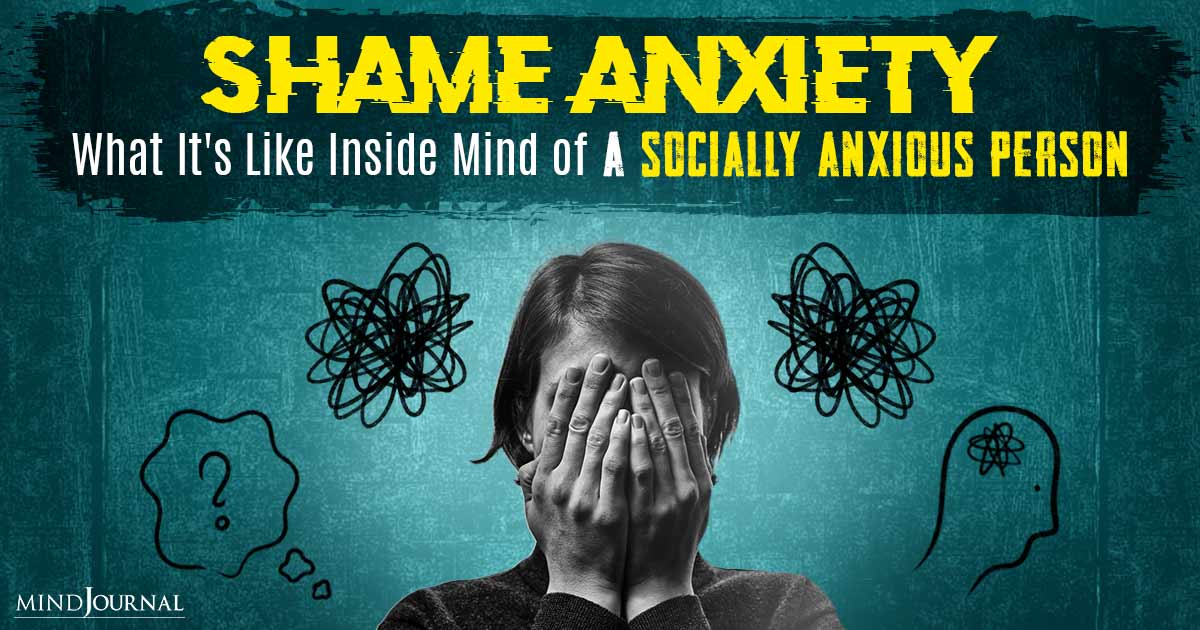

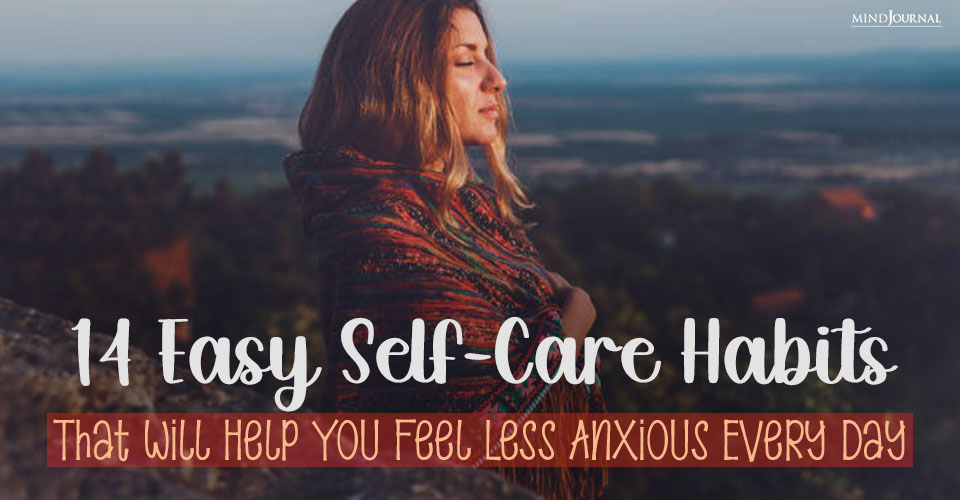
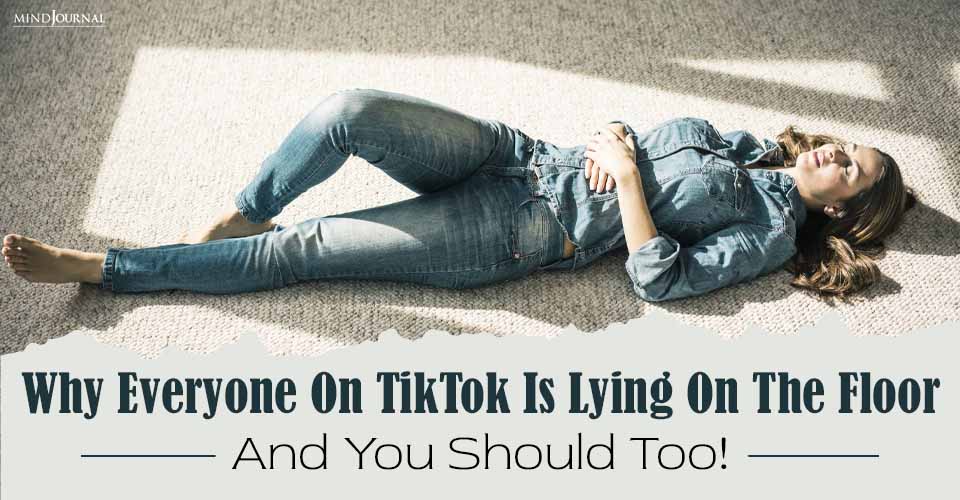
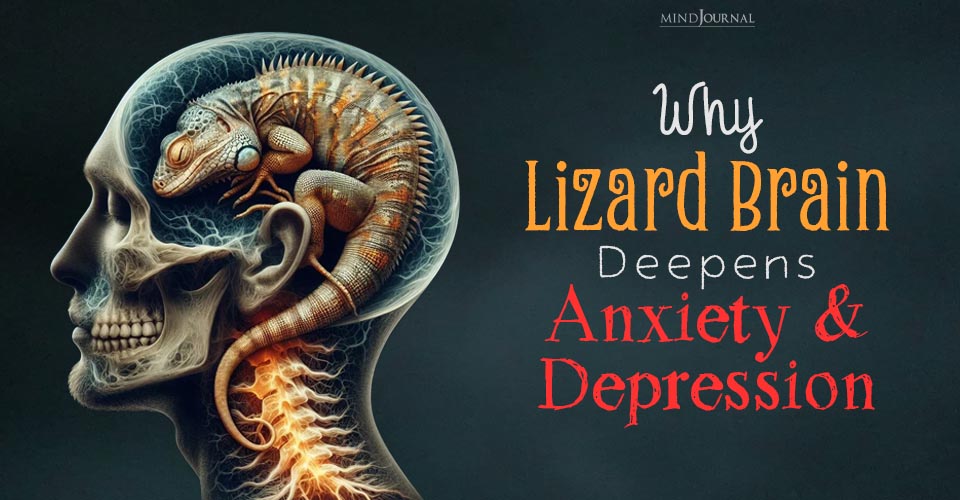



Leave a Reply